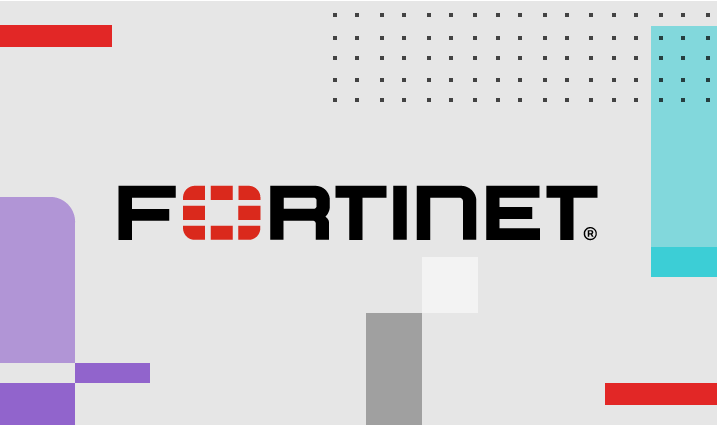 Fortinet Reaffirms Its Commitment to Secure Product Development Processes and Responsible Vulnerability Disclosure Policies
Fortinet Reaffirms Its Commitment to Secure Product Development Processes and Responsible Vulnerability Disclosure Policies
CISA’s latest initiative strongly aligns to Fortinet’s existing product development processes already based on Secure by Design and Secure by Default principles. Fortinet is committed to adhering to robust product security scrutiny at all stages of the product development lifecycle, helping to ensure that security is designed into each product from inception all the way through to end of life, in the following ways:
- Secure Product Development Lifecycle (SPDLC): Fortinet aligns its processes in accordance with leading standards, including NIST 800-53, NIST 800-161, NIST 800-218, US EO 14028, and UK Telecom Security Act.
- Robust Security Product Testing: Fortinet leverages tools and techniques such as static application security testing (SAST) and software composition analysis built into its build processes, dynamic application security testing (DAST), vulnerability scanning, and fuzzing prior to each release, as well as penetration testing and manual code audits.
- Trusted Supplier Program: To ensure rigorous selection and qualification of its major manufacturing partners, Fortinet adheres to NIST 800-161: Cybersecurity Supply Chain Risk Management Practices for Systems and Organizations. Fortinet’s commitment to data privacy and security is embedded in every part of the company’s business and in every phase of the product development, manufacturing, and delivery processes.
- Information Security Program: The Fortinet Information Security Program is based on and aligned with industry-leading security standards and frameworks including ISO 27001/2, ISO 27017 and 27018, and NIST 800-53, as well as data privacy regulations such as GDPR and CCPA.
- Third-Party Certifications: Fortinet products are regularly certified to standard and validated through third-party product quality standards, including NIST FIPS 140-2 and NIAP Common Criteria NDcPP / EAL4+.
Additionally, the Fortinet Product Security Incident Response Team (PSIRT) is responsible for maintaining security standards for Fortinet products and operates one of the industry’s most robust PSIRT programs, including proactively and transparently disclosing vulnerabilities. Nearly 80% of Fortinet vulnerabilities discovered in 2023 were identified internally through the company’s rigorous auditing process. This proactive approach enables fixes to be developed and implemented before malicious exploitation can occur. Fortinet works with its customers, independent security researchers, consultants, industry organizations, and other vendors to accomplish the company’s PSIRT mission.
To further advance its dedication to a culture of responsible radical transparency, Fortinet has a long-standing commitment to public and private partnerships that align to its mission, including:
- As a founding member of the Network Resilience Coalition, Fortinet is helping deliver real-world solutions to protect networks and sensitive data, including addressing the issue of software and hardware updates and patches not being implemented.
- Through its membership with the Joint Cyber Defense Collaborative (JCDC), which was established by CISA in 2021, Fortinet works with public and private entities to gather, analyze, and share actionable information to more proactively protect and defend against cyberthreats.
- As a founding member of the Cyber Threat Alliance (CTA), Fortinet shares timely threat intelligence with other cybersecurity practitioners to better protect customers against adversaries.
- Working with global leaders as a founding member of the World Economic Forum’s Centre for Cybersecurity (C4C), Fortinet is helping to encourage intelligence sharing across the industry to reduce global cyberattacks and disrupt cybercrime.
“Over and over, across multiple sectors, we have learned that transparency improves outcomes for consumers and society. The cybersecurity industry is no different. In our sector, transparency includes searching for, mitigating, and disclosing vulnerabilities in an open, responsible manner. Fortinet has already taken steps to embrace such responsible transparency, creating a clear set of principles for handling vulnerability communication and analysis. The company’s leadership in this area is a strong example of how cybersecurity vendors should be communicating with customers and the broader public. “ – Michael Daniels, President and CEO of the Cyber Threat Alliance (CTA)

